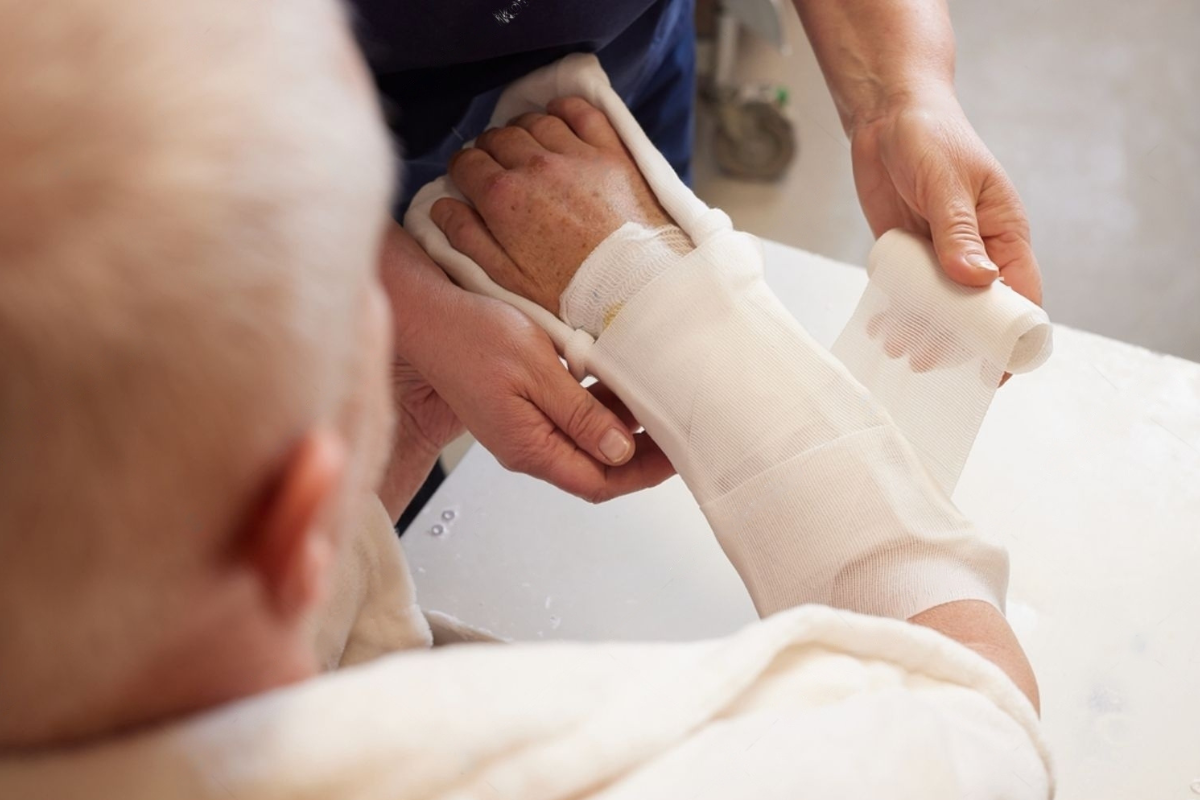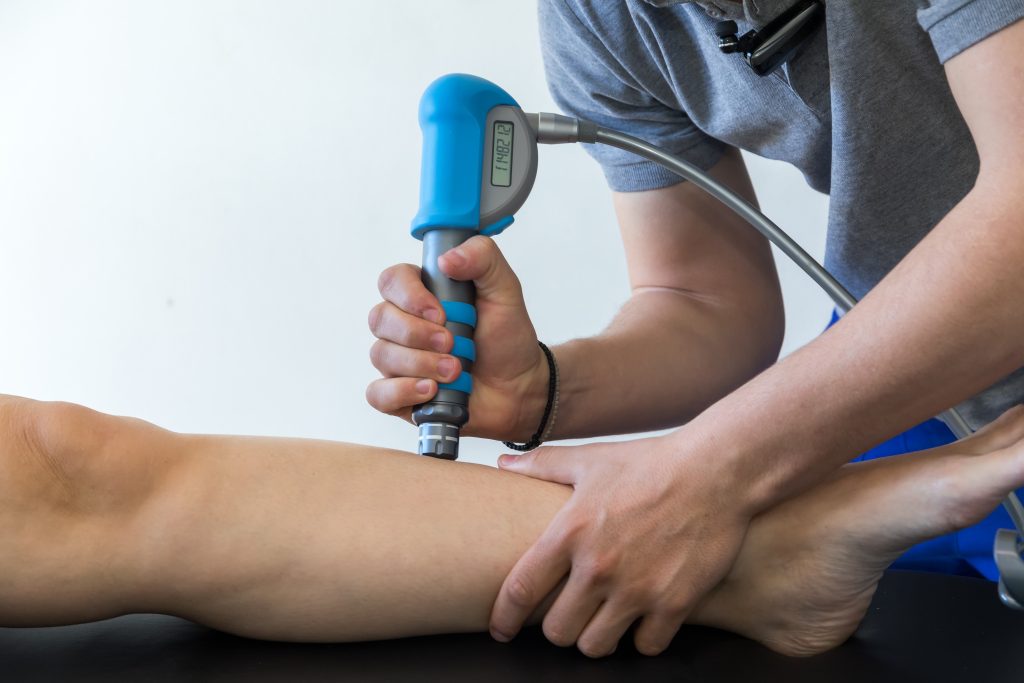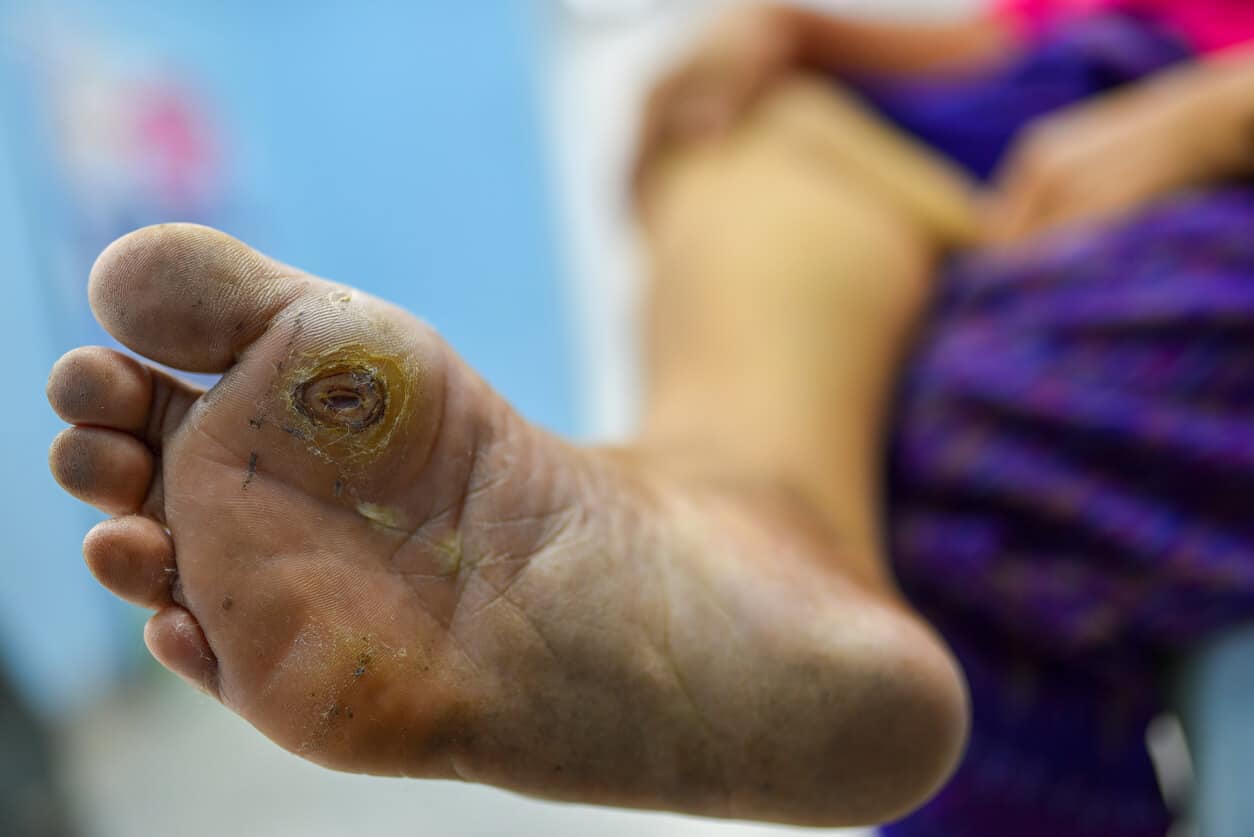Hip surgery, particularly total hip replacement surgery, is a transformative procedure designed to alleviate chronic pain and restore mobility for individuals suffering from severe hip conditions. Whether due to osteoarthritis, rheumatoid arthritis, or hip fractures, this surgery offers a renewed lease on life by addressing debilitating hip issues.
Understanding Total Hip Replacement Surgery
What is Total Hip Surgery?
Total hip surgery involves replacing damaged or diseased parts of the hip joint with artificial components made of metal, plastic, or ceramic. This procedure aims to reduce pain and improve function by restoring smooth joint movement.
Who Needs Hip Surgery?
Candidates for hip surgery typically experience persistent pain that limits daily activities such as walking or climbing stairs. Conditions like osteoarthritis cause cartilage breakdown, leading to bone-on-bone friction, while fractures can disrupt normal joint function, necessitating surgical intervention.
Benefits of Total Hip Surgery
Pain Relief
Hip surgery effectively relieves chronic pain that has been unresponsive to conservative treatments like medication or physical therapy. By replacing damaged joint surfaces, patients often experience significant pain reduction and improved comfort in their daily lives.
Improved Mobility
Enhancing mobility is a cornerstone of hip surgery’s success. Patients regain the ability to perform activities such as walking, bending, and even more strenuous exercises that were previously hindered by joint pain and stiffness.
Quality of Life
Beyond physical improvements, hip surgery can profoundly impact overall quality of life. Many patients report reduced dependency on pain medications, increased participation in social activities, and a renewed sense of independence.
The Surgical Procedure
Pre-Surgery Preparations
Before hip surgery, patients undergo thorough evaluations to assess overall health and readiness for the procedure. This includes medical history review, physical examinations, and sometimes imaging tests to ensure optimal surgical outcomes.
During the Hip Surgery
The surgical process involves making an incision, accessing the hip joint, removing damaged bone and cartilage, and replacing them with prosthetic components. Anesthesia options vary but typically include general anesthesia or regional techniques like spinal or epidural anesthesia.
Post-Surgery Care
Post-operatively, patients receive specialized care to manage pain, prevent complications like infection or blood clots, and initiate early mobility exercises. Physical therapy plays a crucial role in restoring strength and function to the hip joint.
Risks and Complications
Potential Risks
While hip surgery is generally safe, potential risks include infection, blood clots, implant dislocation, or allergic reactions to anesthesia or materials used in prosthetics.
Complications
Long-term complications, although rare, can include implant wear or loosening, nerve or blood vessel damage, or persistent pain requiring further intervention. Close monitoring and adherence to post-operative protocols minimize these risks.
Recovery and Rehabilitation
Recovery Timeline
Recovery timelines vary, but most patients can expect initial healing within weeks, with full recovery and return to activities within a few months. Rehabilitation progresses from assisted walking to strengthening exercises aimed at improving hip joint stability and function.
Physical Therapy and Exercises
Structured physical therapy programs are essential post-surgery to restore range of motion, strengthen muscles supporting the hip joint, and improve overall mobility. Exercises focus on gradually increasing strength and flexibility while minimizing stress on the new joint.
Tips for a Smooth Recovery
Optimizing recovery involves following medical advice, maintaining a healthy diet to support healing, avoiding high-impact activities, and attending follow-up appointments to monitor progress and address any concerns promptly.
Takeaway
Total hip surgery represents a significant opportunity for individuals suffering from debilitating hip conditions to regain pain-free mobility and improve their overall quality of life. Consultation with a healthcare provider can provide personalized insights into the benefits, risks, and expected outcomes of this transformative procedure.










